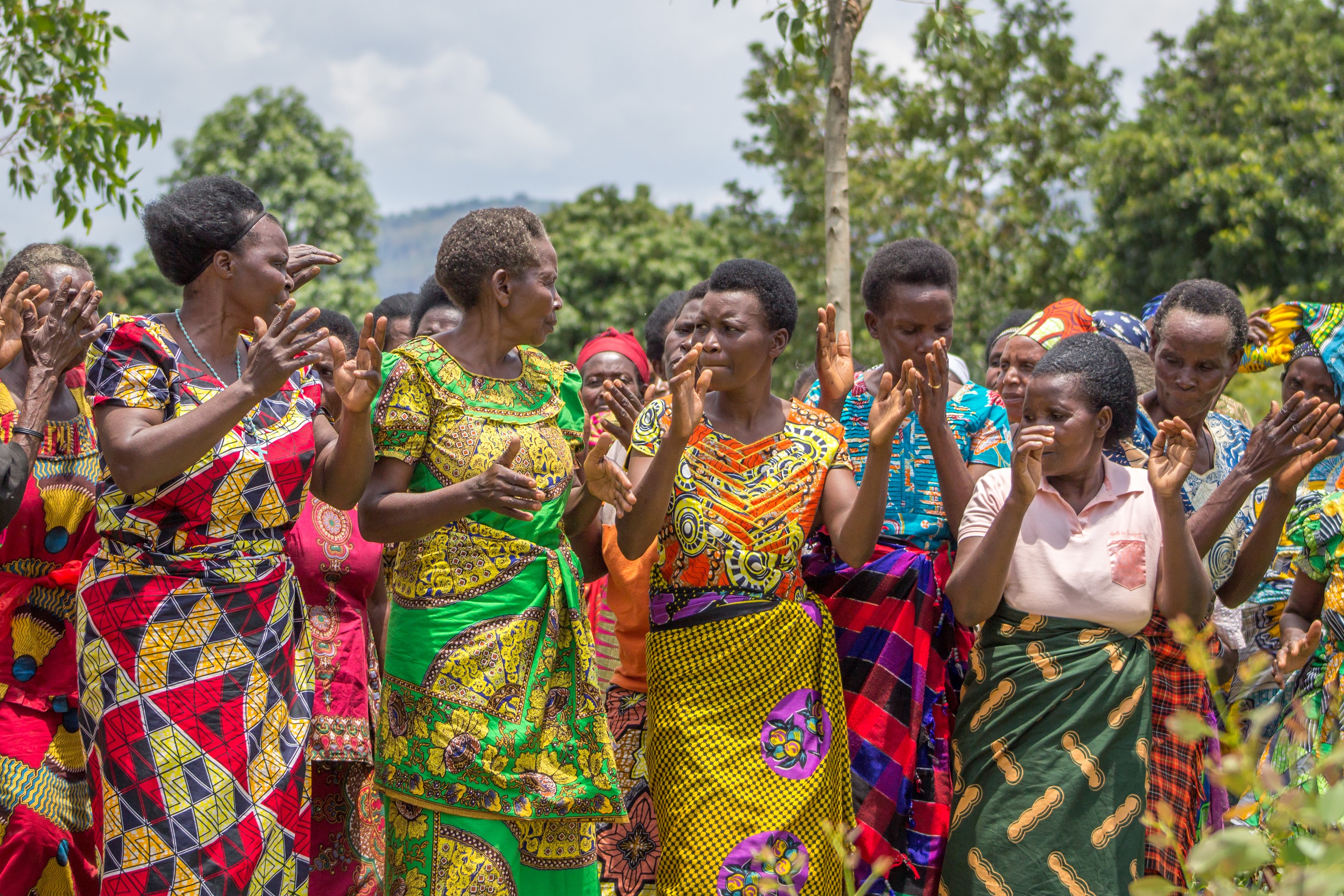
This International Day of Older Persons on 1 October 2016, older men and women joined Age Demands Action (ADA) to explore how ageism affects their daily lives and hinders their full potential, using these experiences to demand change in their communities.
Campaigners from 45 countries took part in this year’s activities, which ranged from meeting the Prime Minister in Cameroon and an intergenerational run in Nigeria, to a drawing competition in Kyrgyzstan and a university lecture on ageism in the Philippines.
Why campaign on ageism?
At the 69th World Health Assembly this year, 17 countries sponsored a resolution calling for the World Health Organization to launch a campaign against ageism – the stereotyping and discrimination of individuals or groups on the basis of their age.
Ageism is widely accepted across the world and tackling it remains a challenge. But how do we confront something that is so deeply engrained in society? How do we stop ourselves from reflecting on ours and other people’s age as “too old”? How do we challenge a negative perception that is not in our everyday consciousness?
Exploring issues through consciousness-raising and role-play
The wide acceptance of ageism means it can be difficult to recognise it or see what effect it has. This is where consciousness-raising comes in. It is a tool that encourages people to explore feelings of frustration or injustice that they may have previously dismissed as unimportant or the norm.
This year for Age Demands Action Global, we encouraged our campaigners to host their own consciousness-raising workshops. We supported older men and women to start a conversation on what ageism is, how they feel about getting older, and if there has been a time in their lives when they have been treated differently because of their age.
Role-play workshops can have a similar impact. They enable the audience and participants to explore how it feels to experience ageism and how to challenge it by seeing ageist incidents being played out in front of them. By watching a role-play scene of an older patient’s symptoms being dismissed by a doctor as simply “old age”, it can evoke memories for audience members who have experienced this happening to them or someone they know.
Using consciousness-raising and role-play to create change
Consciousness-raising and role-play can be combined with campaigning. The sharing of personal stories and the acting out of ageist experiences allows groups of older people to draw conclusions about the political or social root cause of the problems or challenges they face as a result of ageism. It gives them a focus on which they can channel their frustrations and demand change.
These kinds of activities can give older people the confidence to see that the problems they face are often a result of ageism, whether socially, institutionally or among their own families. With new awareness, they can challenge ageist attitudes and speak to decision-makers about the injustices they suffer. Ageism, as with all discrimination, legitimises and sustains inequalities. It must not be tolerated.
What are older people saying?
For ADA Global this year, 27 countries held either a consciousness-raising or role-play workshop. Our partner in the Gambia, Ageing with a Smile, was told by the older people it works with:
- “There is a perception that older people are just waiting for their time to die. You hear people say we have expired.”
- “At home, my contribution to decision-making is not taken seriously. My grandchildren think that I’m too old to reason well.”
- “My employer refused to renew my employment contract because he thought I was too old to be productive for the organisation.”
These are all examples of ageist attitudes. Older people are not a homogenous group. They must not be categorised in a certain way because of their age. Older people are not a finite group either. We are all ageing. Do you want to live in a world where you are expected to give up working, stop doing the hobbies you enjoy or making important decisions about your life because society believes you are “too old”?
Campaign partners from all over the world sent us encouraging feedback on their workshops:
- “The consciousness-raising workshop was an effective activity in our campaigning because older people got the chance to share and speak about ageist-related problems without restraint” – India
- “The workshops helped older people to realise the discrimination they face is largely a result of ageism” – Uganda
- “The role-play guide was especially useful in workshops organised by older and younger volunteers because it allowed for better understanding about the problems older people face and it developed empathy and intergenerational solidarity” – Serbia
What’s our end goal?
Older people around the world need an international convention protecting their rights – this is what we at HelpAge is working towards.
Older people’s rights are not currently protected under international law. A convention would change that. We want to see the drafting underway in the next few years. You can read more about our work to secure an international convention on older people’s rights.
How can you get involved?
You can tell us why you want to tackle ageism by adding your voice to our wall, download the consciousness-raising and role-play guides to host your own workshop or tell us how you plan to challenge ageism in your country by contacting us via campaigns@helpage.org.
